Assembled here are key sources that have shaped the modern Middle East, Zionism and Israel. We have included items that give texture, perspective and opinion to historical context. Many of these sources are mentioned in the Era summaries and contain explanatory introductions.
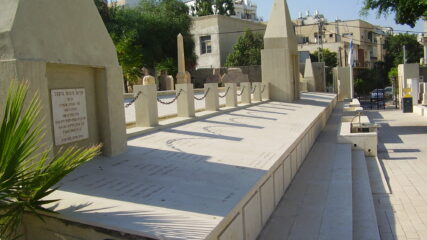
In early May 1921, communal riots unfolded in the city of Jaffa and at Jewish settlements along the coast, with considerable loss of life and property for both communities. The British decide that both Arabs and Jews had real as well as exaggerated fears of the other.
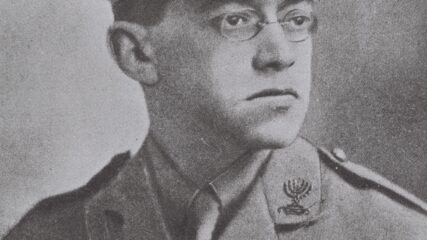
Ze’ev Jabotinsky argues that peaceful coexistence between Arabs and Jews in Palestine is impossible until Zionists demonstrate through strength that they are an irreversible presence in the Land of Israel.
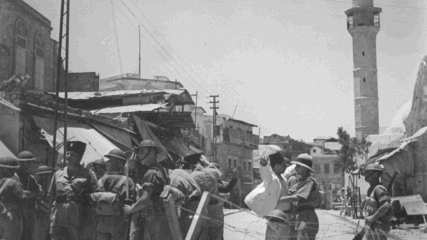
Irrefutable evidence shows Palestinian Arab collaboration with Zionists during the British Mandate greatly assisted Jewish state building. Cohen further asserts a general absence among Palestinians of a sense of national feeling, with loyalties instead tied to families, villages and other localities. Quite certainly without Palestinian Arab collaboration, Zionists would not have succeeded in building a nucleus for the Jewish state. Arabic newspapers in Palestine and British scrutiny show the constancy of the Arab population’s engagement with the Zionists, and this included Arabs resident inside Palestine.

With crisp analysis, Haganah Commander Yigal Allon, later a Prime Minister of Israel attributes Israel’s successes to multiple factors including the absence of a centralized Arab command, limited Arab military training, underestimating the potential fighting capabilities of local Arabs, and Israel’s success in integrating its citizens into the war effort.
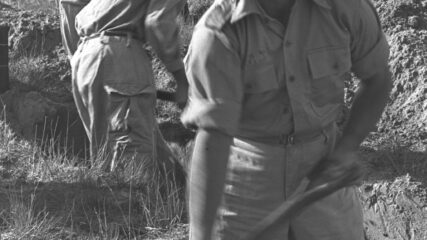
Israeli Chief of Staff Moshe Dayan’s eulogy in 1956 for an Israeli guard murdered at a kibbutz next to the Gaza Strip affirms absolute requirements for being an Israeli: vigilance, determination, and not to be fooled by hollow claims for peace.
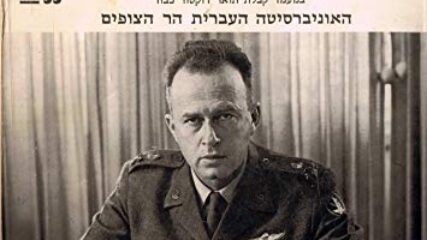
Receiving an honorary doctorate from the Hebrew University after the conclusion of the June 1967 War, Rabin delivers a speech on behalf of Israel’s entire military. He highlights the harsh realities of war yet concentrates on commending the extraordinary efforts of Israel’s armed forces.

An Israeli commission of inquiry assigns responsibility to military leaders for failures before and during the Yom Kippur War. Prime Minister Meir and Defense Minister Dayan avoid direct blame but soon resign.

It calls for building a mutual security relationship and for enhancing strategic cooperation to
deter Soviet threats to the region. Establishment of a consultation framework is a key to the agreement.
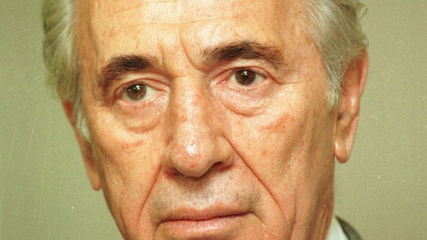
Foreign Minister Shimon Peres supports the Oslo Accords, opposes a Palestinian state and rejects Israel’s role in the Gaza Strip as the enforcer of security — all views that have continuing relevance for Gaza.
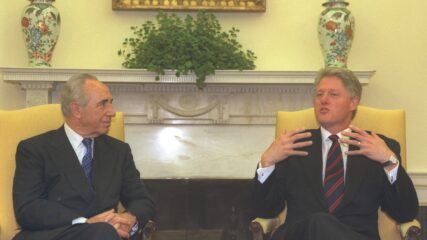
President Clinton and Prime Minister Peres agree to deepen cooperation between their countries through regular consultation in all economic, political, military spheres.
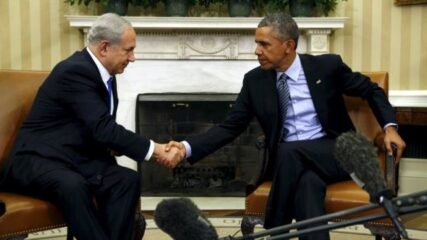
The US promises Israel $38 billion in military aid over a decade, the assistance promised despite Jerusalem and Washington periodically differing over matters relating to Iran and the Palestinians.

A former IDF general, Benny Gantz officially launches his campaign to replace Prime Minister Benjamin Netanyahu in the April 2019 election. With pride of ownership, Gantz speaks of his love of Zionism, the Jewish people and the State of Israel and cites his 38-year military career.
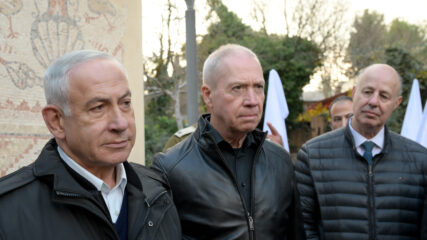
Citing deep disaffection among elements of Israeli military reserve units and expressing those concerns to Prime Minister Netanyahu privately, Defense Minister Gallant makes his opinion public, causing Netanyahu to fire him, resulting in hundreds of thousand of Israelis in the streets. Two days after Gallant’s speech, Netanyahu calls for a pause in pushing forward the judicial overhaul legislation.

The inquiry team determined that the IDF failed in its mission to protect the residents of Kibbutz Be’eri; the bravery of the Be’eri residents and the members of the kibbutz’s civilian rapid response team are commended for preventing the attack from spreading. In the October 7, 2024 Hamas attack on the kibbutz, 101 civilians were killed, and 30 hostages from Kibbutz Be’eri and two additional hostages were abducted and taken into Gaza.
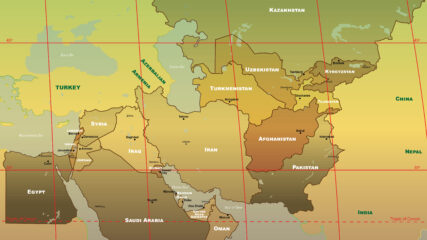
January 15, 2021 The U.S. Department of Defense announced in the final week of the first Trump administration that it was shifting Israel from the area of responsibility of the U.S. European Command to the…















